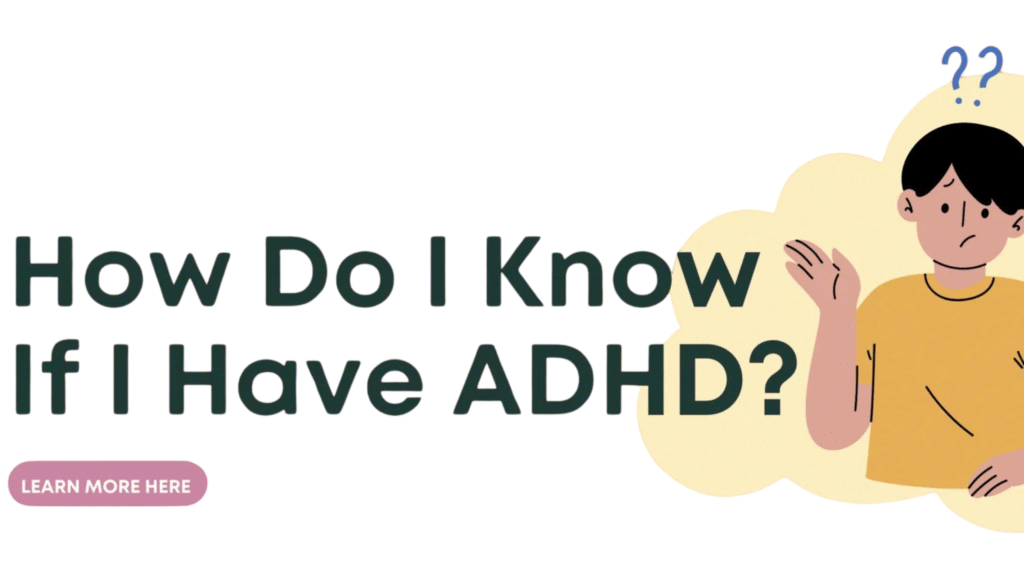Has anyone ever asked you if you have ADHD? Maybe you’ve even wondered if you show the signs of adult ADHD.
ADHD is one of the most talked-about and misunderstood conditions today. Yet only 10% of people with ADHD have been assessed or treated, according to ADHD Ireland.
Many people misunderstand the condition, thinking ADHD always involves hyperactivity. But for many Irish adults, ADHD manifests in challenges with time management, organisational skills, maintaining focus on tasks, and regulating emotions.
What are the most common signs of Adult ADHD?
If you have ADHD, you may show signs of being inattentive, such as:
Difficulty focusing
If you have a lot of trouble focusing and sustaining attention on tasks, it may be linked to ADHD.
Forgetfulness
Adults with ADHD may be frequently forgetful and misplace things.
Easily distracted
Having ADHD can lead to adults becoming distracted by other things, instead of concentrating on the task at hand.
Not following instructions
Difficulty following instructions and completing tasks on time can be a sign of ADHD.
Daydreaming
Someone who’s frequently got their head in the clouds and daydreams excessively could be displaying a symptom of ADHD, warns Mashru.
If you have ADHD, you may show signs of being hyperactive and impulsive, including:
Acting without thinking
Adults with ADHD may act without thinking about the consequences. This might look like interrupting conversations, making hasty decisions, or needing help with waiting for their turn.
Restlessness
Restlessness and fidgeting can be signs of ADHD. People who have the condition may have difficulty sitting still for extended periods or experience inner restlessness.
Talking a lot
Excessive talking and difficulty taking turns in conversations can be another symptom of ADHD.
Risky behaviour
Mashru says the impulsivity linked to some types of ADHD may lead to people taking unnecessary risks or engaging in impulsive actions.
Has your behaviour existed since childhood?
Adults who are noticing potential signs of adult ADHD should reflect on their childhood behaviour. It may be helpful to speak to their parents or think back to childhood to see if there have been ongoing difficulties.
ADHD is very often passed down from parents to their kids. Some studies say 75% of your odds for the condition are attributed to genetics. Don’t be surprised if you think back and realise maybe one of your parents had ADHD, too. Your doctor might even ask if ADHD runs in your family.
Get a professional assessment of signs of Adult ADHD
People who think ADHD may be harming their life should speak to their GP, who can refer them to an appropriate service, such as a community mental health service. However, waiting times for referrals in Ireland can be very long. Private assessments are also available.
Moving on after an ADHD diagnosis
If you’re finding out later in life that you’ve had ADHD all along, you might feel like you’ve missed out or made mistakes you might have avoided. Therapy can help you sort through your feelings — the relief and the regrets. An ADHD diagnosis with BetterCare includes four follow-up sessions of therapy.
If you’d like to get assessed for ADHD and have concerns or questions about the assessment process, please don’t hesitate to call us at 01-5563335 or book a free pre-assessment call. There’s no obligation or pressure to book!
